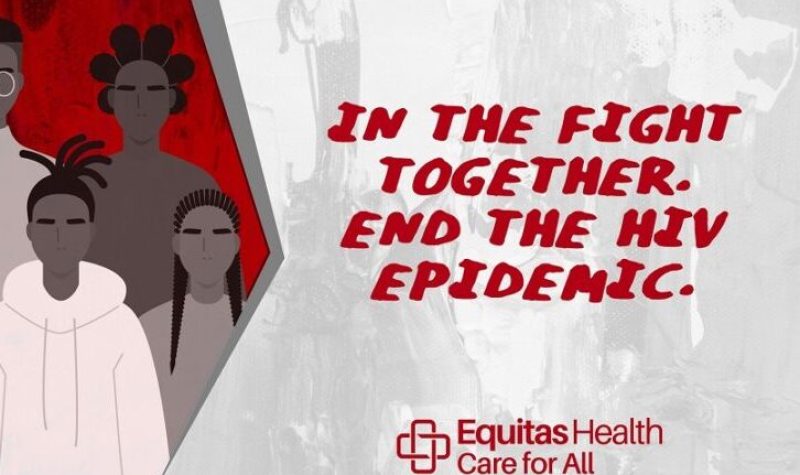Today, February 5th is National Black HIV/AIDS Awareness Day.
Despite being only 2.5% of New Brunswick’s population, Black New Brunswickers make up 16% of people with HIV/AIDS in the province.
While New Brunswick’s new cases of HIV/AIDS are slowly going down, AIDS-NB Executive Director Amanda Diggins says the HIV epidemic is far from over. Treatment methods have improved dramatically since 1981, however 1 million people still die from HIV/AIDS each year.
Stigma and misinformation surrounding the autoimmune disease remains prevalent to this day, and has a significant impact on the quality of life for people living with HIV/AIDS.
Diggins says that "[HIV] disproportionately affects Black Canadians and newcomers to New Brunswick."
"Black folks with HIV are less likely often to have full medical treatment. There's a lot of stigma and discrimination.".
African countries still have high rates of HIV/AIDS, and in some cases is the leading cause of death.
There are many parallels between the 1980s, and ongoing, AIDS epidemic and the current COVID-19 pandemic. Shame, blame, and fear surrounding transmissible disease is a recurring event in recent history. Fear of being stigmatized, says Diggins, is enough to make people afraid to be tested for HIV.
"Medicine has progressed, but there is still so much stigma. We still hear people say things like 'saliva can transmit HIV,' which it absolutely cannot."
Diggins highly recommends preventative care when it comes to HIV/AIDS.
PrEP (pre-exposure prophylaxis) is a daily pill that is highly effective in preventing HIV, which Diggins recommends for those engaging in unprotected sexual activity or injectable drug use. PEP (post-exposure prophylaxis) can be taken after an exposure to HIV up to 72 hours after the exposure, and is often used in cases of sexual assault.
ENSEMBLE Moncton is a resource for people with HIV/AIDS in the area, and they can be reached at (506) 859-9616.
As reported on the Tantramar Report:


